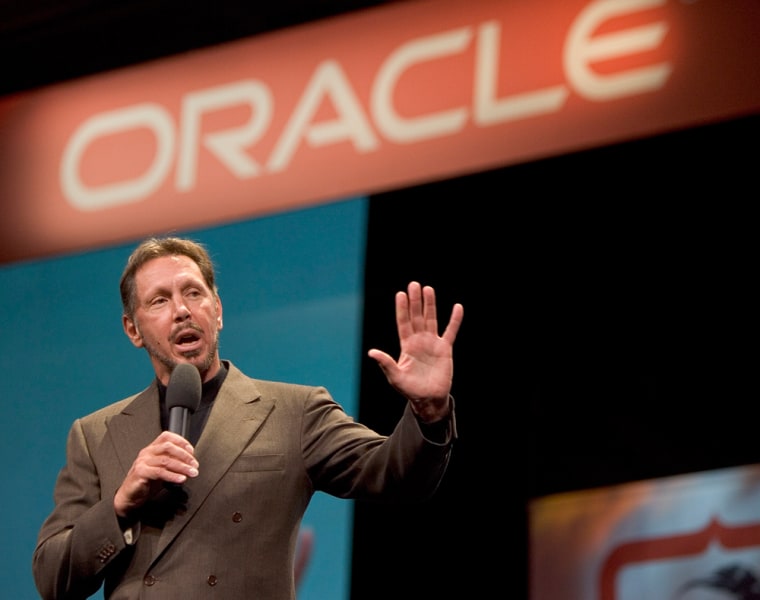What do Bill Gates, Osama bin Laden and Henry Ford all have in common? Answer: their desire to change the world, albeit in bin Laden's case it's not for the betterment of humankind.
The desire to change the system is a defining element of narcissism. And while it can be inspirational to work for someone like that, interacting with a narcissist CEO can be torture. Don't expect praise. Get used to hearing the word "I." And be able to take lots of harshly worded criticism.
There is always the option of avoiding a narcissistic CEO, but these days that will prove difficult. Narcissism is virtually a requirement to become head of a company. That's because narcissists tend to like drama. They are attracted to big change and risk. Investors expect substantial returns and want their CEOs to take risks to deliver them. "It used to be that CEOs weren't asked to do extreme things," says Don Hambrick, who along with Arijit Chatterjee, both professors at Penn State University, developed a test to determine whether a CEO is narcissistic and to what degree. "They changed the rules so as to encourage more extremism, more flamboyance, go-for-broke types."
Do the names Steve Jobs, Larry Ellison and Bernie Ebbers ring a bell? Each of them produced results. But getting there wasn't easy — for their employees.
The key to dealing with these types: thick skin. "A narcissist won't show very much emotional intelligence," says Michael Maccoby, author of The Productive Narcissist: The Promise and Peril of Visionary Leadership. "While he is very sensitive about his ego, he's not sensitive about yours. You've got to be willing to accept that if the reward is great enough. People who hung on at Microsoft got very rich." That means you can't criticize him or her, but expect a lot of it from the CEO.
Make sure you have something solid to contribute. Check and double check your work. A mistake means you're likely to get berated. Maccoby says that when Bill Gates doesn't like an idea he's prone to say something like: "That's the stupidest idea I've ever heard." When you do have a good idea, don't expect to get any credit.
(MSNBC.com is a joint venture of Microsoft and NBC Universal News.)
You also have to accept that it's all about him or her. That means there will be phone calls no matter what time of day and on the weekends. "That doesn't mean you can't sometimes disagree, but you better be sure you know what you're talking about," says Maccoby. Still, narcissists tend to discard people when they don't need them anymore.
At the heart of narcissism is a lack of self-esteem. That's why narcissists require so much praise. If you're having a hard time dealing with one, use that to your advantage. "The most powerful way to influence them is to appeal to their irrational self-interest," says Terry Dockery, founder of the Business Psychology Co. in Marietta, Ga. Make it worth their while. Since this is driven by fear, tap into that. For instance, if you're suggesting an idea, you can phrase your pitch by explaining why the idea will make him or her look good.
Hambrick won't reveal who made the top of the narcissi14695612stic CEO study until it's published, but he did reveal that while their companies did see more extreme losses and gains, "on average their bottom lines were not higher or lower than non-narcissistic CEOs." That begs the question: Is it worth putting yourself through the hassle? Maybe it's time to find another job.
